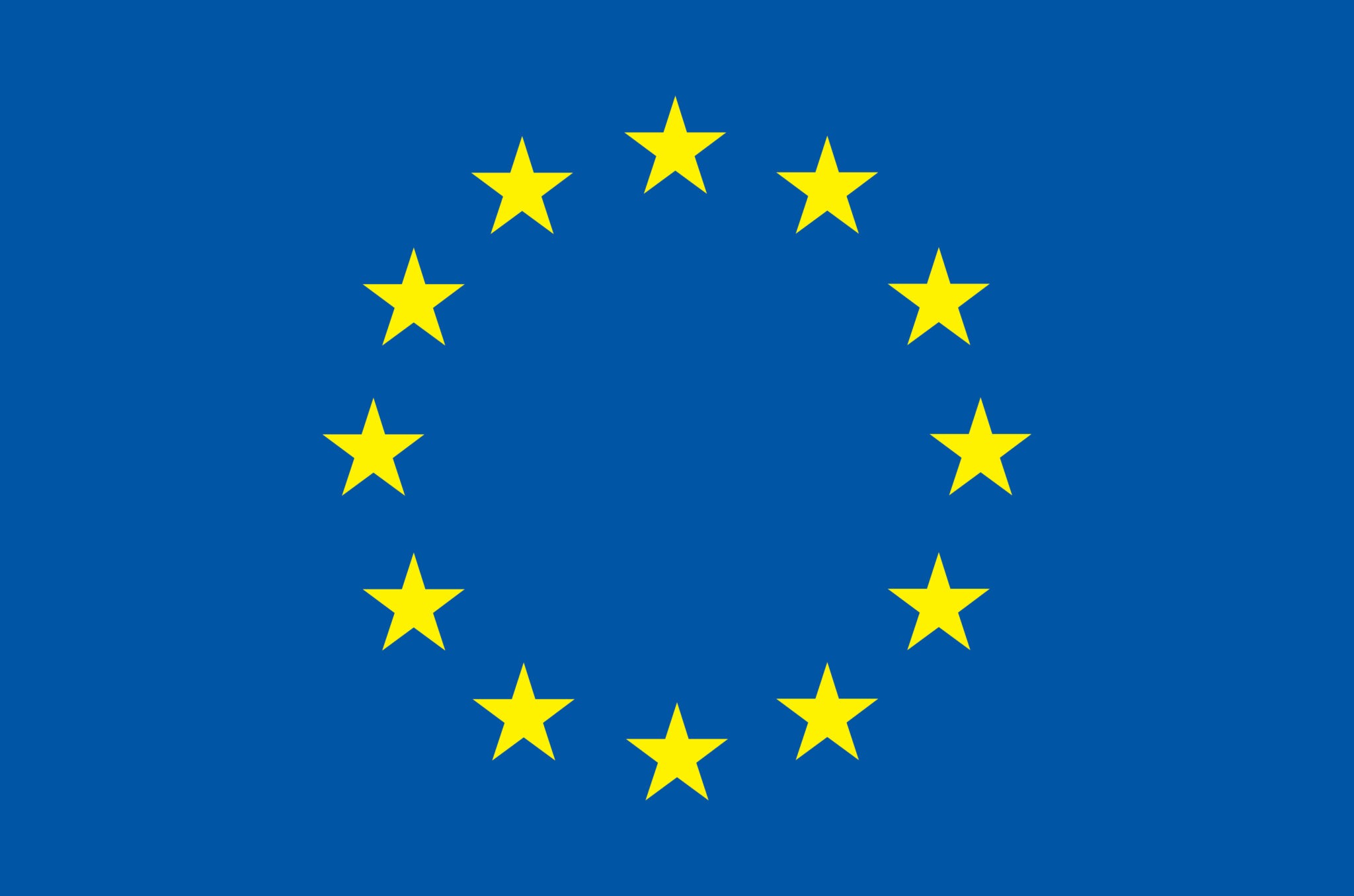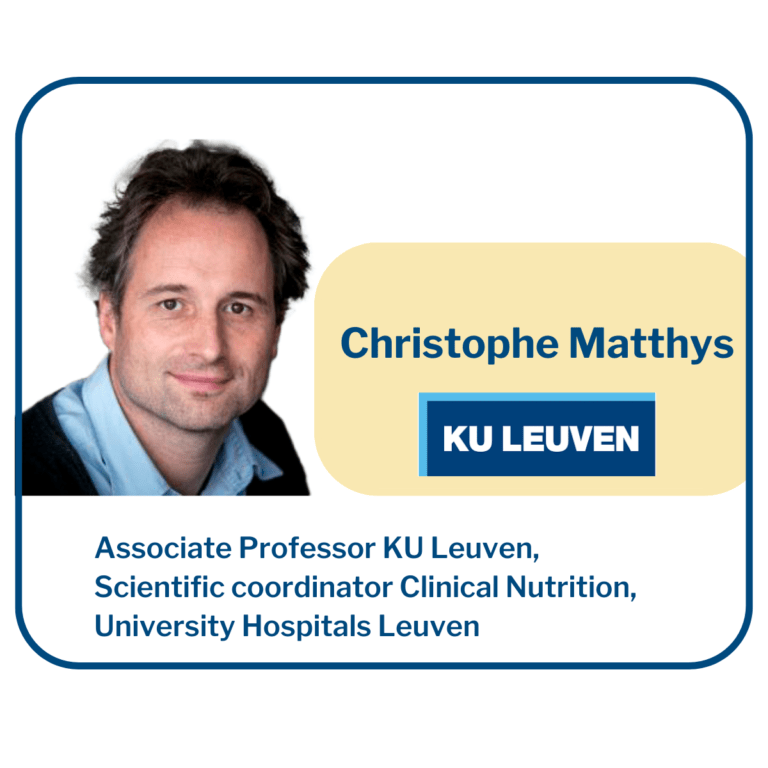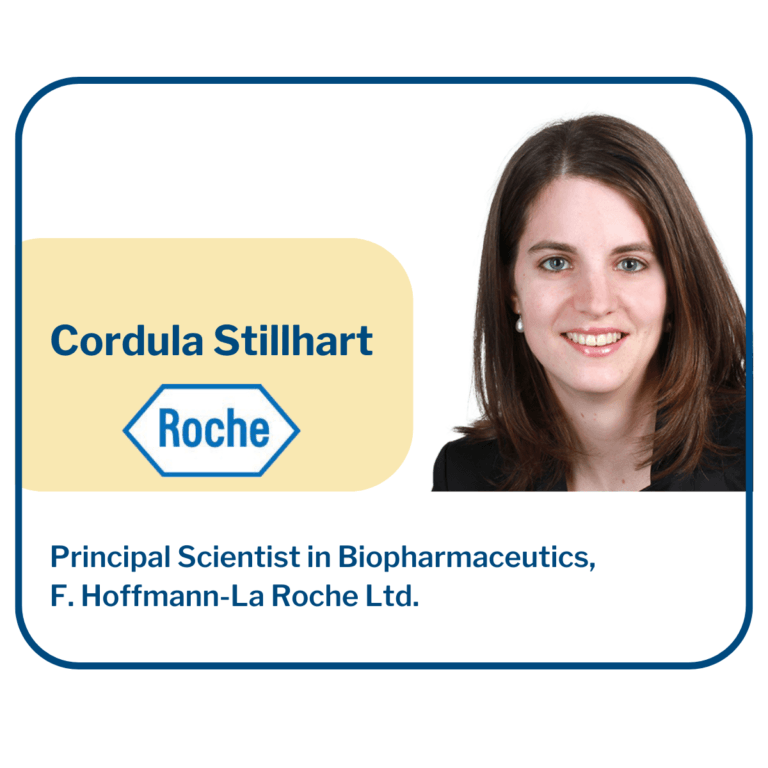AGePOP’s roots, hurdles and expected outcomes
Over the last couple of days, we had the pleasure to chat with Cordula Stillhart in Basel and Christophe Matthys in Leuven, two of the AGePOP supervisors.
Together we explore the roots of the AGePOP network as we delve into its hurdles and unique features. So let us start with the first question:
Why AGePOP? Do you think a focus on the gastrointestinal tract and medicines in older adults is really needed?
Cordula:
Medicines are intended for diseased patients, many of which are older individuals, so why should we only focus on the gastrointestinal tract in healthy young adults?
Christophe:
An overlooked issue! The GI is responsible for the digestion and absorption of both nutrients and medical drugs, however, it receives hardly any attention. We are talking about precision nutrition and precision medicine but one of the major “organs” is often forgotten. Between-person differences in the gastrointestinal tract is often forgotten in optimizing the absorption and digestion of nutrients and medical drugs. In older adults this variability is even bigger than in younger adults, therefore it is important to understand.
Wow, so AGePOP is really necessary. How did you end up becoming part of it?
Cordula:
I have a strong interest in an improved understanding of how drugs are absorbed and perform in vivo (inside the living body rather than in the laboratory) in different patient populations. So, I was lucky to be part of the UNGAP network which had a strong focus on special populations and ultimately contributed to the origin of AGePOP.
Christophe:
Prof. Augustijns invited me to participate (I am still very grateful) and I proposed that a specific group of older people is included, namely persons that underwent bariatric surgery. More than 200 000 people have undergone this procedure already (just in Belgium) and all of them are getting older, but what do we know about this population? Currently hardly anything. Luckily Gabriël, ESR3, is willing to focus on this topic.
What results, in your opinion, can we expect from AGePOP as a training network?
Christophe:
So many, thus we put pressure on the ESRs ;-). Interesting results, as I see it, as it is one of the first projects that will really consider the variability in the gastrointestinal tract of different populations.
Cordula:
We can expect fundamental knowledge that will advance the development of patient-specific biopharmaceutic tools and formulations, as well as a new generation of skilled scientists with a strong focus on patient-centric drug development.
Wow, this is a lot to look forward to. How do you think the results of AGePOP can influence drug development for the advanced age population in the future?
Cordula:
AGePOP will help in improving the design of new dosage forms in terms of swallowability and biopharmaceutical performance, which will ultimately increase compliance, safety as well as the efficacy of oral medications in the elderly population.
Also, the number of human bioavailability studies in drug development will be reduced as we will be able to rely on improved in vitro (outside the human body) and in silico tools (computer simulation) for predicting oral absorption. These are key benefits for patients.
Christophe:
As a researcher I would say, we must wait for the results. As a politician, I have to say yes, the results will show us.
While we are waiting for the results, the ESRs are working very hard, as Christophe, has already indicated. In your opinion, what is the greatest challenge for the ESRs within AGePOP?
Christophe:
Achieving everything in such a short time frame. So let us focus and not waste time on irrelevant things.
Cordula:
Doing research in a fragile, sometimes even cognitively impaired population. This is a challenge that applies to many areas in clinical development, so I really see it as a great opportunity for the ESR to enhance their skillset and prepare for their future.
Is there anything you would like to give the ESRs to take with them on their PhD journey?
Cordula:
The journey is the reward!
Christophe:
Enjoy the golden opportunity you have; I would love to have a period of 3-4 years that I only have to work on one topic. Great.
AGePOP is a consortium of academic as well as industrial partners. How would you describe the collaboration between those and how does it influence the work of the ESRs?
Cordula:
The collaboration is a great opportunity to bring a patient-centric mindset into the industrial drug development process and, on the other hand, ensure a high practical impact of the AGePOP results in the context of industrial drug development. The ESRs are exposed to both industrial and academic research settings which will add valuable experience to whatever career path they will follow afterwards.
Christophe:
Collaboration is an enrichment for ESRs as after a PhD period there is something else than the academic world. ESRs have to realize this and now they have a golden opportunity to exchange thoughts, ideas but as well way of working. I am jealous.
Let’s pose one more question about the innovative training network AGePOP. What makes AgePOP unique? And what would you like to see after AGePOP?
Christophe:
The people.
Cordula:
I believe that AGePOP will further increase the awareness that patient specific needs and physiological conditions must be considered in the drug development process, and I really hope this will be extended to other patient populations as well. There is still so much to learn!
Before closing this revealing Q&A session, one fun question. Everybody has a different concept of what ‘old’ means. So, who is the first celebrity that comes to your mind when thinking about an old person?
Cordula:
This month more than ever before: Queen Elizabeth. She was one of the greatest examples that age is really just a number!
Christophe:
King Charles, his behaviour is old(-fashioned).
This is it for now. Thank you Cordula and Christophe!



